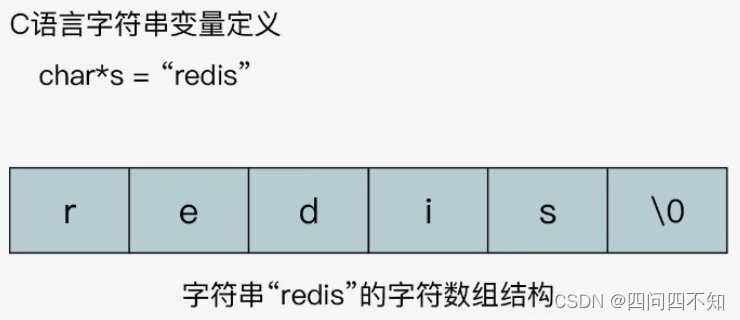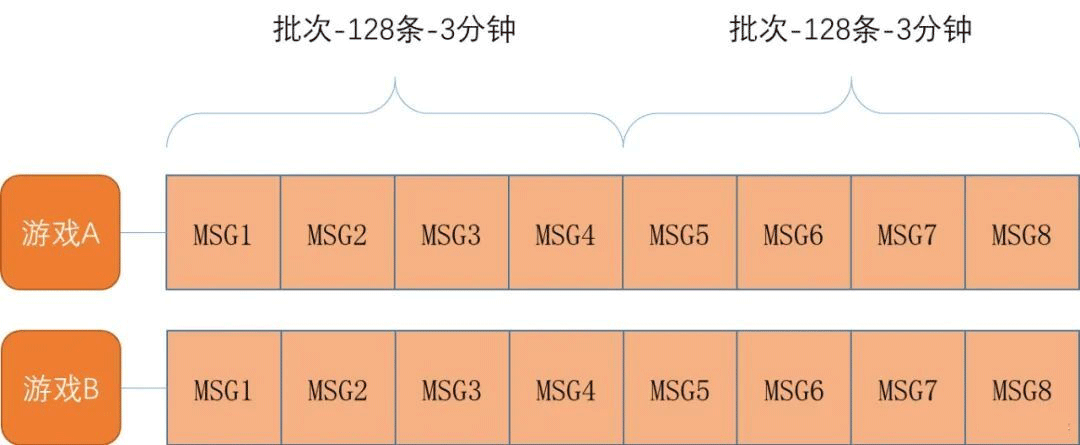MySQL: Advanced Techniques for Improved Performance(mysql高级应用)
Database systems, like MySQL, are becoming increasingly powerful and capable of handling larger datasets than ever before. In order to ensure that the performance of these systems doesn’t suffer, it’s important to invest in advanced techniques for optimization. MySQL offers a number of powerful options for improving performance, including query optimization, indexing, replication, partitioning, and more.
Query optimization is a key component of performance optimization with MySQL. This involves making adjustments to queries to ensure that they’re as efficient as possible. This can be done by writing queries that avoid multi-table joins and leverage subqueries and UNIONs when necessary. It can also help to rewrite complicated queries into simpler forms to reduce query execution time.
Indexing is another important technique for performance optimization. Indexes are data structures that store the values of columns within a given table. This allows for quicker access of the data when querying the table, resulting in improved performance. It’s important to ensure that the indexes are relevant and are regularly updated to maintain their efficiency.
Replication is a powerful tool for improving reliability and performance in MySQL. Replication duplicates data across multiple servers, which helps to minimize the risk of data loss in the event of a hardware failure. It also helps to improve performance by spreading the load across multiple machines, allowing queries to be processed in parallel.
Partitioning is a technique for improving performance by breaking down large databases into smaller, more manageable pieces. This allows for faster access to individual parts of the dataset and ensures that queries are executed faster. Partitioning also helps to improve scalability and maintainability of the system.
Finally, the MySQL query cache can be used to cache query results to reduce the number of times a query needs to be executed. This can help to reduce latency by reducing the time it takes to execute a query.
Overall, MySQL provides a variety of advanced techniques for improving performance. By optimizing queries, leveraging indexes, using replication and partitioning, and caching query results, it’s possible to ensure that MySQL is as efficient and reliable as possible.
//Below is an example of how a query can be optimized to improve performance.
Original query:
SELECT *
FROM table1, table2
WHERE table1.id = table2.id
Optimized query:
SELECT *
FROM table1
INNER JOIN table2 ON table1.id = table2.id






